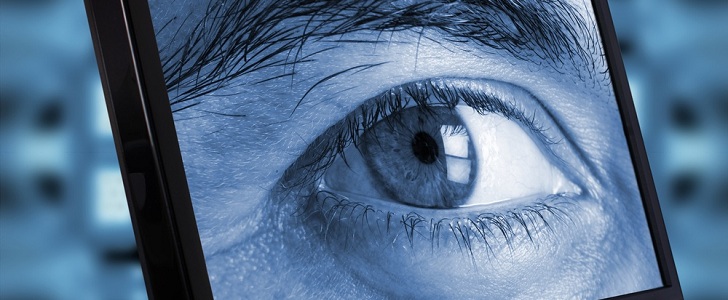The social media explosion means that it’s easier than ever before to keep in touch with old friends and to hook up with some new ones at the same time. Sites such as Facebook and Twitter are great for sharing news too and the majority of users will happily head online to announce details of a new job or a new arrival in the family.
Both of those sites, Facebook in particular, are great for sharing your vacation with others. It’s a perfect opportunity to show off your skills as an amateur photographer and to let your friends know of all those exotic places you’re visiting — but is it just your friends that get to hear about your adventures?
The social media burglary victims
Back in June 2009, Israel Hyman of Arizona posted a string of messages on Twitter:
- “Preparing to head out of town”
- “Another 10 hours of driving ahead”
- “Made it to Kansas City!”
Mr. Hyman and his wife returned from their trip to find that they had been burgled and the unfortunate Tweeter felt that it was no coincidence. At the time, Hyman had over 2,000 followers and he was certain that the style of the burglary left the blame firmly with those updates.
“My wife thinks it could be a random thing, but I just have my suspicions,” he claimed. “They didn’t take any of our normal consumer electronics.” Instead, the thieves escaped with expensive video equipment that was crucial to Mr. Hyman’s business.
Sadly, this case isn’t an isolated one and recent years have shown a string of similar thefts all around the world. In 2011, Steven Pieczynski earned himself the title of the ‘Facebook Burglar,’ having used status updates to plan crimes in his home state of New Jersey.
The majority of these cases don’t attract media attention — Pieczynski only hit the global headlines because of the bizarre nature of his escape into Canada by kayak. However, the problem is most certainly a widespread one.
Recently, a survey held in the UK highlighted the issues of social stalking by professional and opportunist burglars alike. Fifty convicted criminals volunteered information to the panel and 78% of them confessed that they had used Facebook and Twitter along with Foursquare and other social sites to identify potential burglary victims.
The revelations regarding Foursquare proved that it’s not just the mainstream sites that hold dangers for their users. Foursquare itself is chiefly a business platform but it can also betray details of when we leave our commercial or domestic properties unattended.
In addition, around 75% had used Google Street View to assess properties in their area but it’s those social media sites that leave us at our most vulnerable.
How to fight back
Twitter and Facebook have to be dealt with in two separate ways, simply because of the manner in which people interact with you. On Facebook, you have to pre-approve friend requests and you can apply your judgment as to who you can add and who should be ignored. Things can get complicated because the privacy policy changes frequently, so be sure to check the current terms and be certain that only your friends can see your updates.
On Twitter’s settings page, you can choose to protect your tweets and assess follower requests as they come in. By doing that, you can also prevent other third parties from jumping in on conversations and tracking your every movement.
Take a breath
You’re on vacation, so why not relax and leave the internet behind until you get back? Uploading your photos after the event keeps your memories fresh and entertains your readers but it doesn’t leave yourself open to crime at the same time.
Insurer Concerns
Insurance companies across the world have warned that household premiums will rise in the wake of what it calls “internet shopping for burglars.” Among those rising premiums, it would be naive to rule out the possibility in future years of insurers turning down this type of burglary claim altogether.
After all, some would argue that it’s the equivalent of driving to the store and leaving your engine running while you get some smokes and the inevitable motor theft claim that follows that scenario has been declined for years.
Don’t be deterred
Social media is a fabulous tool and cases such as these shouldn’t prevent you from using it. However, be aware that this is a growing concern so check the privacy policies of all the sites you sign up to before enjoying safe and secure virtual interaction.
“Eye Spying” image courtesy of Shutterstock.




